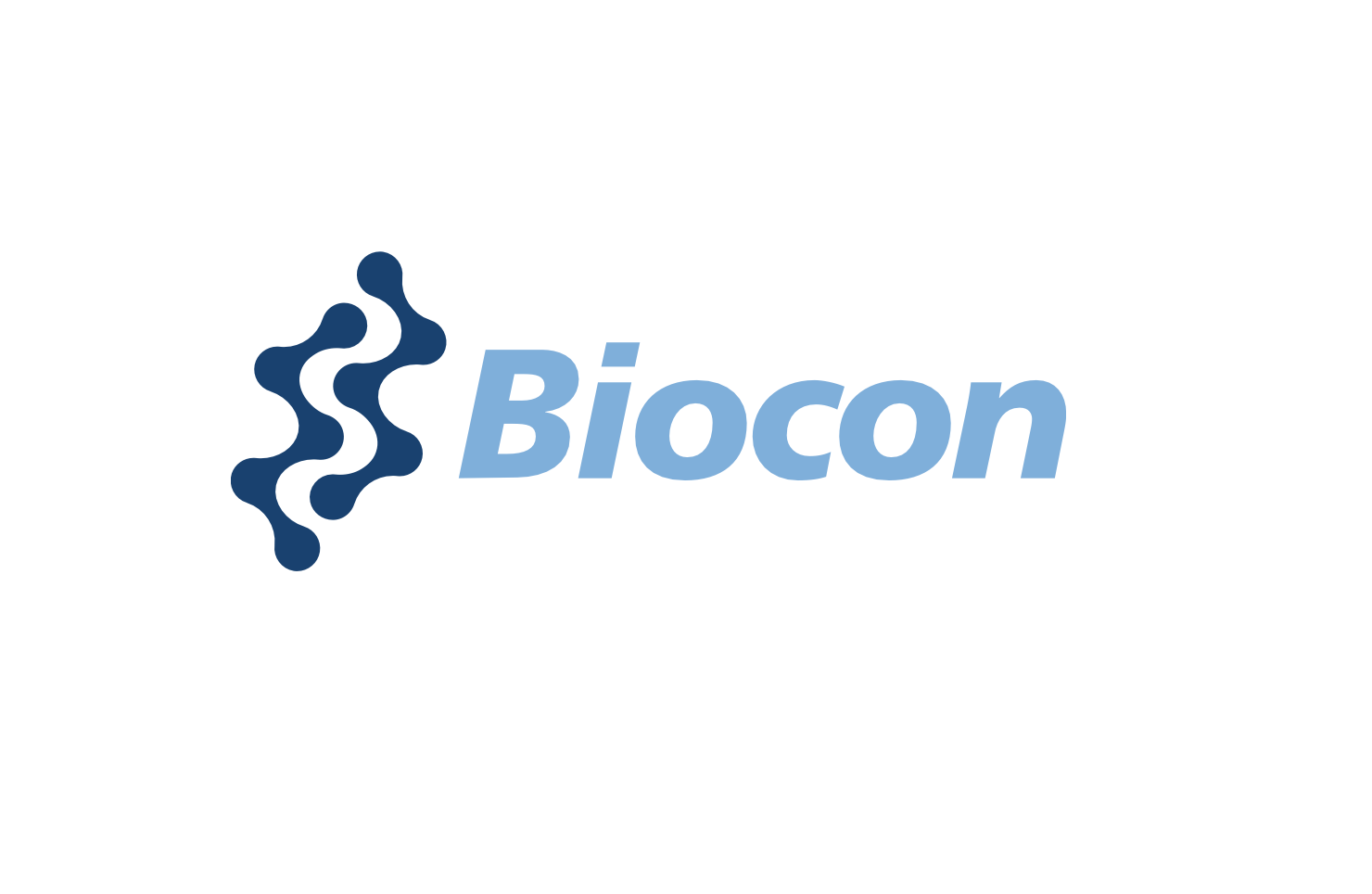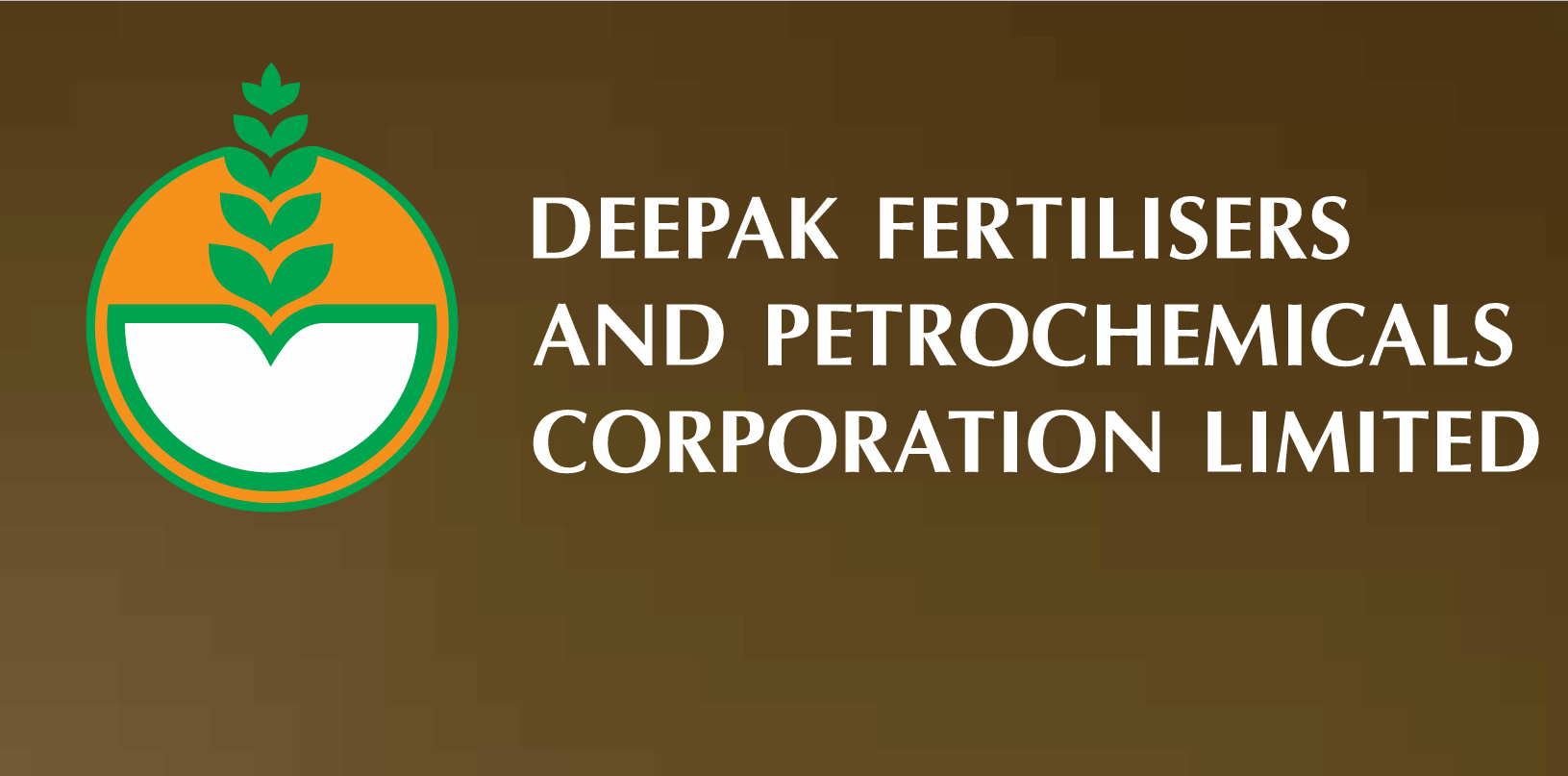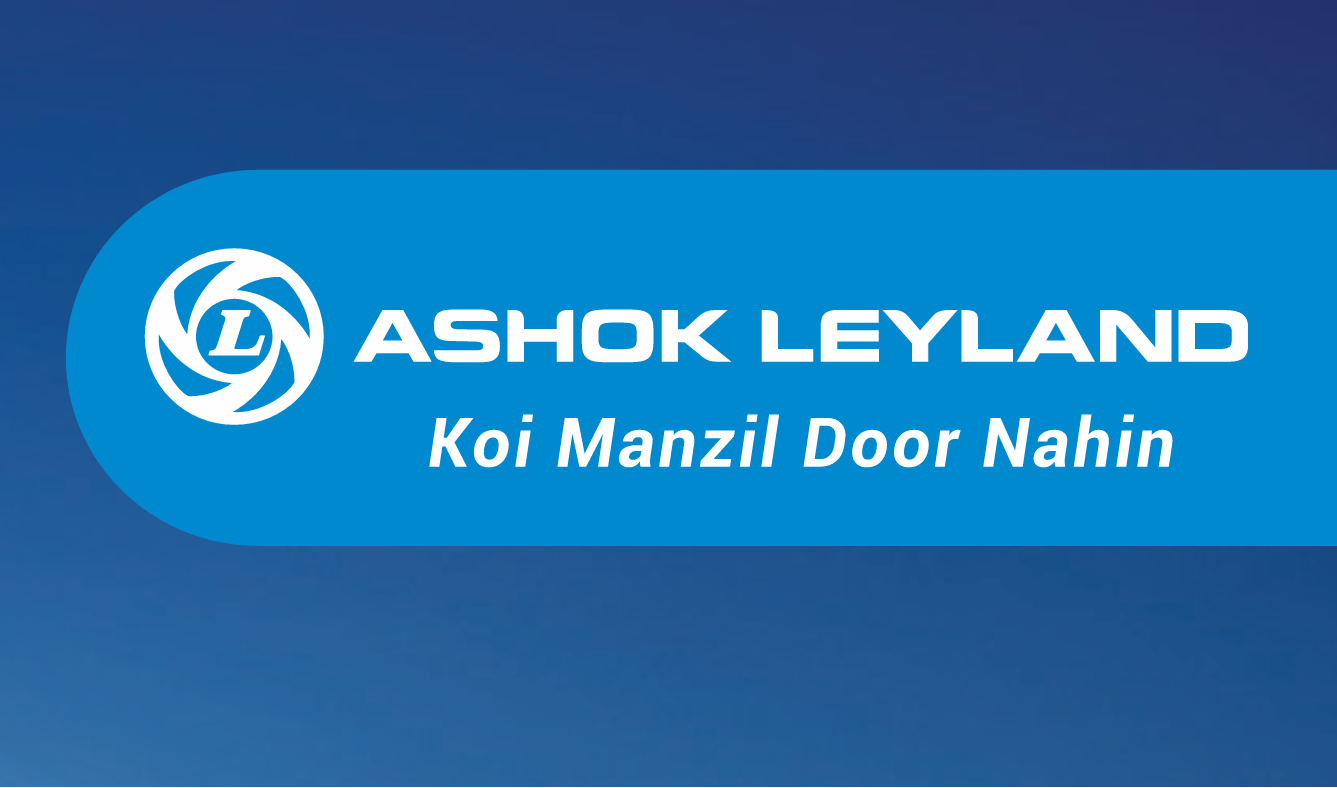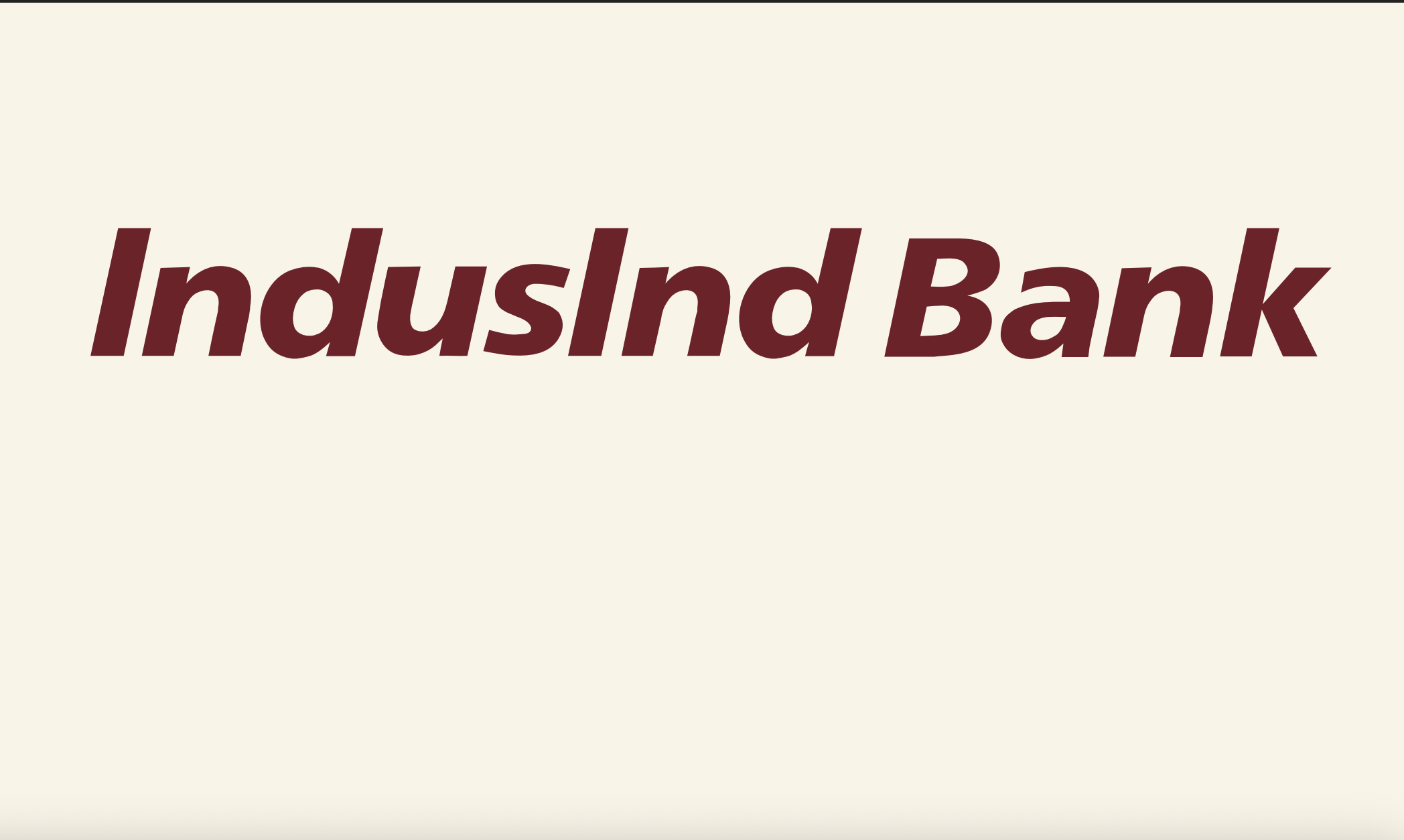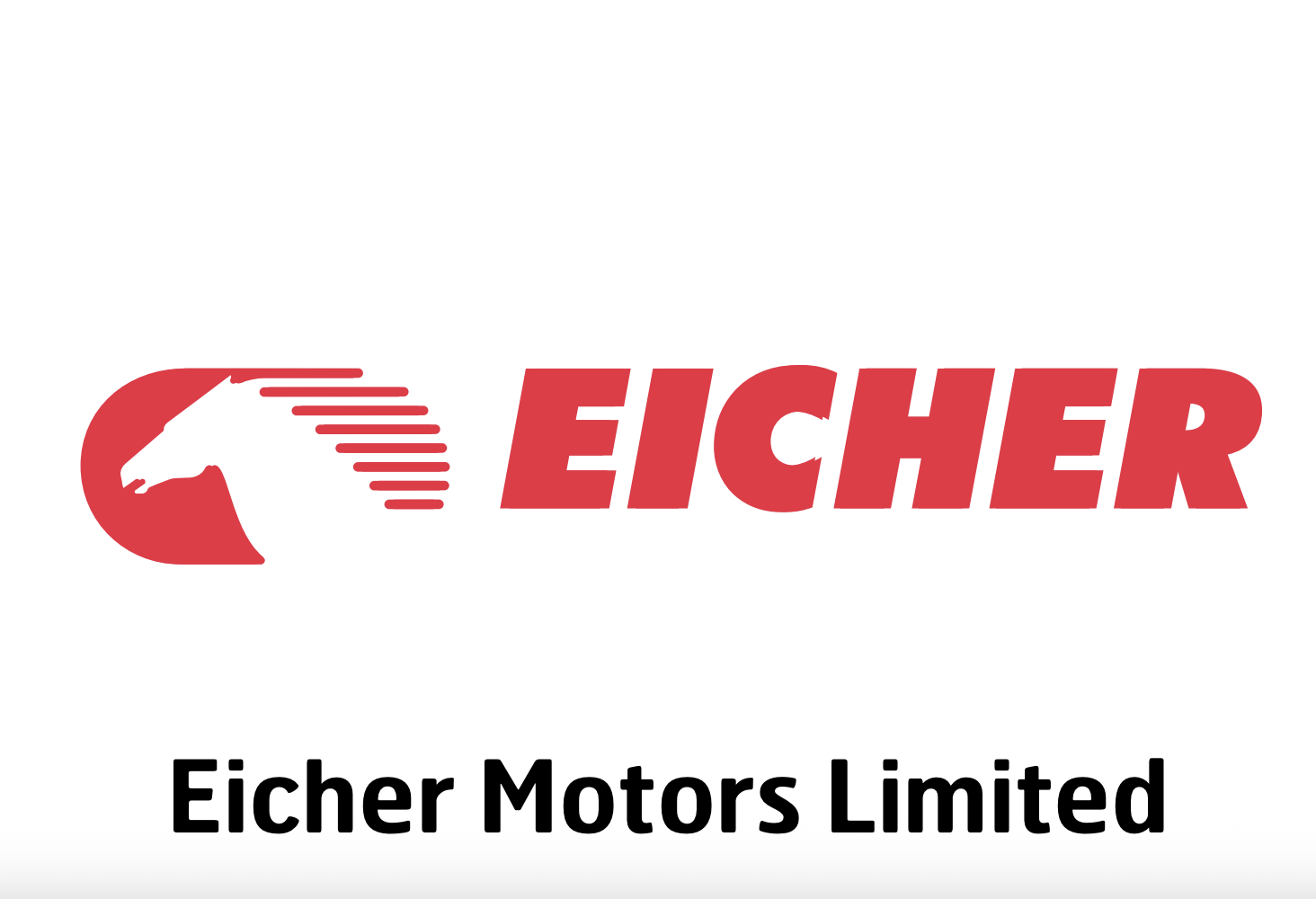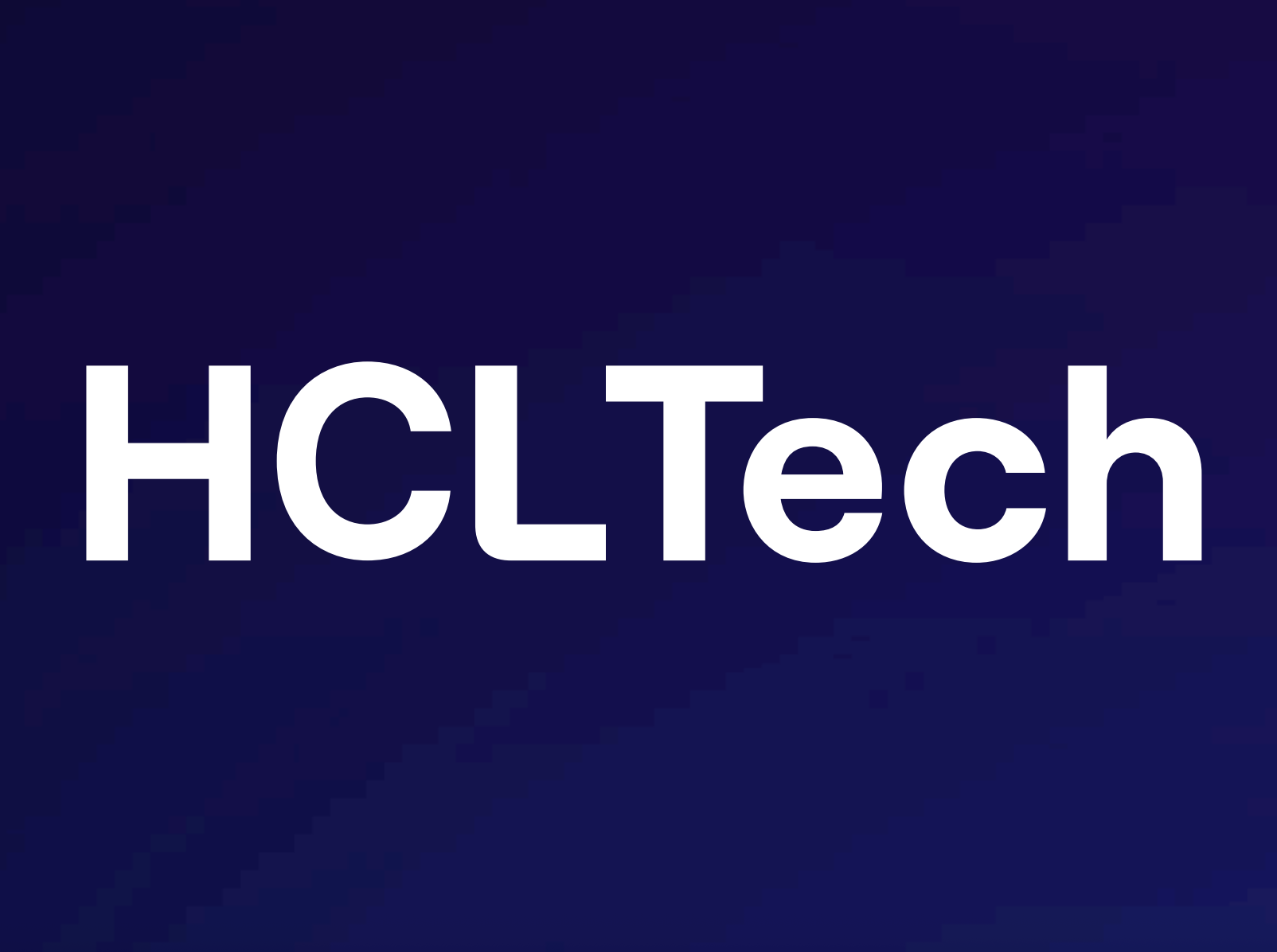In the dynamic world of biotechnology, Biocon stands as a beacon of innovation, affordability, and sustainability. As a leading global biopharmaceutical company, Biocon is committed to accelerating reach, expanding access to high-quality medicines, and propelling growth across diverse healthcare ecosystems. This comprehensive guide delves deep into Biocon’s business segments, products and services, company history, brands, geographical presence, financial performance including consolidated P&L, balance sheet, and cash flow statements, subsidiaries and associates, physical properties, founders, board of directors, shareholding details, parent company information, investment details, and future investment plans. Drawing from Biocon’s robust operations, this keyword-optimized exploration highlights how the company serves millions of patients worldwide, leveraging cutting-edge R&D, strategic partnerships, and a patient-centric approach.
Biocon operates in a highly competitive landscape, focusing on generics, biosimilars, research services, and novel biologics. With a total revenue of ₹164,699 million in FY25, Biocon achieved a 5% year-over-year growth, underscoring its resilience amid global challenges. This post provides exhaustive details, tables, and breakdowns to offer stakeholders, investors, and healthcare professionals an in-depth understanding of Biocon’s ecosystem. The company’s dedication to patient centricity ensures that every therapy is developed with the patient’s needs at the forefront, while innovation, scale, and sustainability define its journey. By leveraging cutting-edge science and strategic global partnerships, Biocon unlocks new opportunities, ensuring that lifesaving treatments are not just developed but also delivered where they are needed most.
Biocon Business Segments: Comprehensive Details and Revenue Breakup Percentage
Biocon’s business segments form the cornerstone of its diversified portfolio, driving sustainable growth through innovation and global partnerships. The company operates four primary segments: Generics, Biosimilars, Research Services, and Novel Biologics. Each segment is strategically aligned to address unmet medical needs, with a focus on affordability, quality, and scalability. These segments collectively contribute to Biocon’s mission of advancing health equity and creating a lasting global impact. The Generics segment provides essential affordable medicines, the Biosimilars segment offers complex biologics that rival originators in efficacy, the Research Services segment supports global innovation through contract research and manufacturing, and the Novel Biologics segment explores groundbreaking therapies, though it was discontinued in December 2023 to streamline focus on core areas.
Generics Segment
The Generics segment specializes in active pharmaceutical ingredients (APIs) and formulations across therapeutic areas like cardiovascular, anti-diabetics, immunosuppressants, and oncology. This segment ensures access to high-quality, affordable medicines for patients worldwide, benefiting 15.4 million+ individuals through 13 global launches in FY25. With 155+ formulations and APIs, 125+ cGMP approvals from global regulators, and over 420 customers served, the Generics segment emphasizes complex generics, injectable manufacturing, and pipeline expansion. Its portfolio includes 79 APIs and 83 formulations, supported by R&D investment that drives 182 products overall, focusing on high-barrier molecules. This segment’s growth of 8% YoY reflects its ability to navigate regulatory complexities and expand market presence, particularly in emerging economies where affordability is paramount.
Key therapeutic focuses include cardiovascular treatments that prevent life-threatening conditions, anti-diabetics that manage chronic diseases effectively, oncology solutions that improve survival rates, and immunosuppressants that support transplant patients. Manufacturing occurs in state-of-the-art facilities ensuring compliance with international standards, while sustainability initiatives like sourcing 28% of raw materials from renewable sources underscore Biocon’s environmental commitment. The Generics segment not only propels Biocon’s revenue but also aligns with the company’s purpose of expanding access to essential healthcare.
Biosimilars Segment
The Biosimilars segment is Biocon’s growth engine, offering complex biologics in diabetology, oncology, and immunology. With 10 commercialized products and 20 in the pipeline, it holds 90+ cGMP approvals and reaches 120+ countries, benefiting 5.8 million+ patients. FY25 milestones include 65 launches, US FDA approval for Jobevne™ (bBevacizumab), and partnerships like Civica for insulin access, enabling treatment for underserved populations. The segment’s immunology portfolio, such as bUstekinumab, and GLP-1 expansions with Semaglutide and Tirzepatide position it for sustained high growth. Investing 7% of revenues in R&D, it secured 8 patents in FY25, enhancing its competitive edge in markets like the US (30% share in bPegfilgrastim) and Brazil (37% in bTrastuzumab).
This segment’s like-to-like growth of 15% demonstrates resilience against market volatilities, driven by strategic expansions in EU countries like Germany and France. Biocon’s biosimilars reduce treatment costs by up to 30-40% compared to originators, making advanced therapies accessible to millions. The focus on patient outcomes, combined with robust manufacturing capabilities, ensures reliable supply chains and regulatory compliance, reinforcing Biocon’s leadership in biologic innovation.
Research Services Segment
The Research Services segment, powered by advanced contract research, development, and manufacturing organization (CRDMO) capabilities, serves ~400 active clients, including 14 of the top 20 pharma companies. Employing 5,600 scientists and holding 400+ patents, it achieved 4% revenue growth in FY25 through the acquisition of a US biologics facility in Baltimore and the launch of a new protein engineering platform. Services encompass discovery to commercialization for small and large molecules, including mAbs, ADCs, and recombinant proteins. This segment’s end-to-end solutions accelerate drug development timelines, providing analytical services and manufacturing support that meet stringent global standards.
With 92% renewable power usage in India operations and 118 average training hours per employee, the Research Services segment embodies Biocon’s values of innovation and sustainability. Its client-centric approach fosters long-term partnerships, contributing to breakthroughs in oncology, immunology, and rare diseases. As global demand for outsourced R&D rises, this segment positions Biocon as a preferred partner for biotech advancements.
Novel Biologics Segment
Although discontinued in December 2023, the Novel Biologics segment contributed foundational work in pioneering therapies like Itolizumab for ulcerative colitis and Ficerafusp alfa for EGFR+ tumors via a 10.1% stake in Bicara Therapeutics. Its legacy informs Biocon’s ongoing R&D, ensuring the company remains at the forefront of biologic discovery.
Business Segments Revenue Breakup Percentage (Consolidated FY25) The following table illustrates the revenue breakup percentage for Biocon’s business segments, based on total income of ₹164,699 million (USD 1,950 million). Biosimilars dominate at 58%, reflecting strong global demand for affordable biologics.
| Business Segment | Revenue (₹ Million) | USD Equivalent (Million) | YoY Growth | Revenue Breakup % | EBITDA (₹ Million) | EBITDA Margin % |
|---|---|---|---|---|---|---|
| Generics | 30,175 | 357 | 8% | 19% | 6,495 | 21% |
| Biosimilars | 90,174 | 1,067 | 2% (15% LFL) | 58% | 26,622 | 29% |
| Research Services | 36,424 | 431 | 4% | 23% | 11,161 | 30% |
| Novel Biologics | 0 | 0 | N/A | 0% | 0 | N/A |
| Total | 164,699 | 1,950 | 5% | 100% | 43,745 | 27% |
This breakdown highlights Biocon’s balanced portfolio, with inter-segment revenues eliminated at ₹4,156 million. Segment assets total ₹587,973 million, with Biosimilars leading at ₹444,400 million. The diversified structure mitigates risks, ensuring steady cash flows and opportunities for cross-segment synergies, such as leveraging research services for generics development. Biocon’s strategic allocation across segments supports long-term value creation, aligning with its vision of an equitable healthcare world.
The Generics segment’s 19% contribution stems from its volume-driven model, serving high-need areas like diabetes and cardiovascular diseases, where affordability directly impacts patient adherence and outcomes. In contrast, Biosimilars at 58% capitalize on patent cliffs and payer preferences for cost-effective alternatives, with oncology and diabetology driving the majority. Research Services at 23% benefits from the outsourcing trend in pharma, providing stable, high-margin revenues. Overall, this segmentation enables Biocon to weather economic fluctuations while investing in growth areas like GLP-1 agonists and advanced immunology therapies.
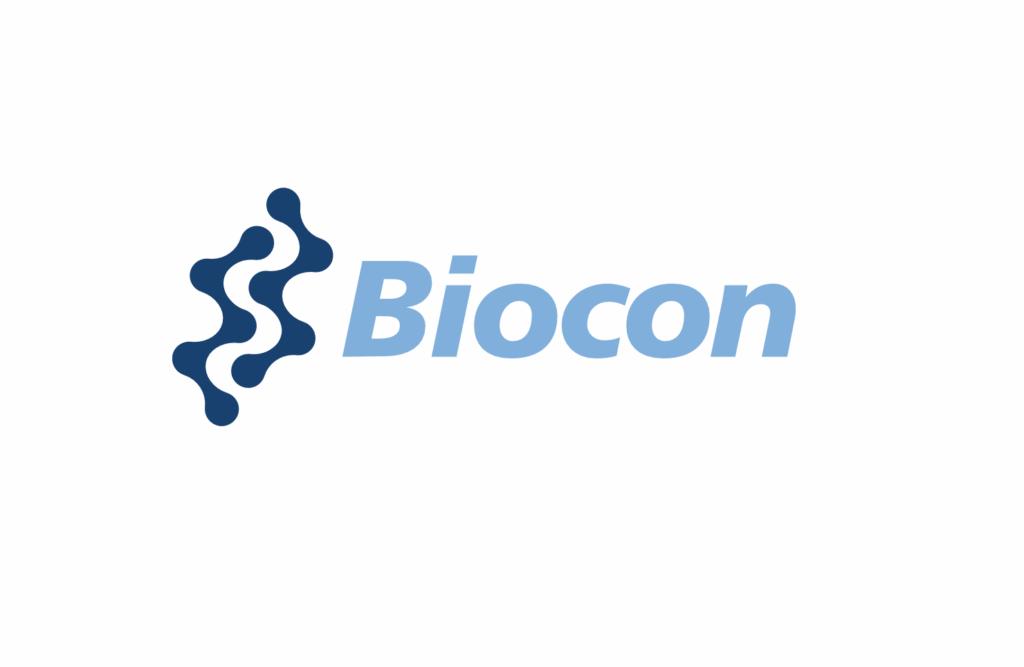
Biocon Products and Services: Detailed List with Revenue Breakup Percentage
Biocon’s products and services span a vast array, from affordable generics to complex biosimilars and cutting-edge research solutions. With 182 products in the portfolio, the company launched 78 new ones in FY25, securing 133 regulatory approvals. Products are developed with patient needs at the forefront, ensuring high-quality, affordable therapies that advance health equity. Services emphasize end-to-end CRDMO, supporting global pharma innovation and accelerating time-to-market for new treatments.
Products List
Generics Products (162 total: 79 APIs, 83 formulations): This extensive lineup focuses on high-volume, complex molecules that address chronic and acute conditions, making healthcare accessible in resource-limited settings.
- Cardiovascular: Apixaban for stroke prevention, Atorvastatin for cholesterol management, Dabigatran as an anticoagulant, Fluvastatin for lipid control, Ivabradine for heart rate regulation, Pravastatin for hyperlipidemia, Rivaroxaban for thrombosis prevention, Rosuvastatin for dyslipidemia, Simvastatin for cardiovascular risk reduction, Sacubitril/Valsartan for heart failure, Triamterene for hypertension. These products help millions manage heart health, reducing hospitalization rates and improving quality of life.
- Anti-Diabetics: Liraglutide for type 2 diabetes and obesity management (launched in UK), Semaglutide as a GLP-1 receptor agonist in pipeline, Dapagliflozin for glycemic control, Empagliflozin for cardiovascular benefits in diabetes, Linagliptin for blood sugar regulation, Repaglinide for mealtime glucose control, Sitagliptin for DPP-4 inhibition, Vildagliptin for incretin enhancement. The focus on GLP-1 therapies addresses the global diabetes epidemic, benefiting patients through weight loss and cardiovascular protection.
- Immunosuppressants: Tacrolimus for organ transplant rejection prevention, Mycophenolate Mofetil/Sodium for immunosuppression, Everolimus for transplant and oncology, Sirolimus for graft-versus-host disease, Pimecrolimus for topical immunosuppression. These ensure successful transplants and manage autoimmune conditions effectively.
- Oncology: Dasatinib for chronic myeloid leukemia, Everolimus for advanced cancers, Lenalidomide for multiple myeloma, Olaparib for BRCA-mutated ovarian cancer, Cabozantinib for renal cell carcinoma. Oncology generics lower barriers to advanced care, improving survival in low-income regions.
- Anti-Fungal: Micafungin for invasive candidiasis, Anidulafungin for esophageal candidiasis, Posaconazole for prophylaxis in immunocompromised patients. Critical for infection control in hospitals.
- Others: Orlistat for obesity, Ticagrelor for acute coronary syndrome, Deferasirox for iron overload, Brinzolamide for glaucoma, Ivacaftor for cystic fibrosis, Nintedanib for idiopathic pulmonary fibrosis, Mirabegron for overactive bladder, Lurasidone for schizophrenia, Daptomycin for skin infections, Norepinephrine for septic shock (US injectables focus).
Biosimilars Products (20 total, 10 commercialized): These high-complexity biologics offer similar efficacy to reference products at reduced costs, expanding access to biologic therapies.
- Diabetology: rh-Insulin for diabetes management, Insulin Glargine (Semglee®) for basal insulin needs, bAspart in pipeline for rapid-acting control.
- Oncology: bTrastuzumab (Ogivri®) for HER2-positive breast cancer, bPegfilgrastim (Fulphila®) for neutropenia prevention, bBevacizumab (Jobevne™/Abevmy®) for colorectal and lung cancers, bDenosumab in pipeline for bone metastases.
- Immunology: bAdalimumab (Hulio®/Kirsty®) for rheumatoid arthritis and psoriasis, bUstekinumab (Yesintek™) for plaque psoriasis and Crohn’s disease, bAflibercept (Yesafili™) in pipeline for macular degeneration.
Novel Biologics Products: Itolizumab (anti-aGVHD and ulcerative colitis treatment), Ficerafusp alfa (targeting EGFR+ solid tumors through Bicara collaboration).
Services List
- Research Services: Discovery services for small and large molecules, development from preclinical to clinical stages, manufacturing of mAbs, ADCs, and recombinant proteins, analytical testing for quality assurance. Innovations like the protein engineering platform and Baltimore facility enhance capabilities in biologics.
- Contract Manufacturing: API production in India and US facilities, formulation filling for injectables and orals, ensuring scalability and compliance.
- Consulting: Regulatory support for approvals, commercialization strategies for market entry, and supply chain optimization.
Products and Services Revenue Breakup Percentage Revenue is primarily from products (Generics/Biosimilars ~77%), services (Research ~23%). Detailed by therapeutic area:
| Category/Therapeutic Area | Revenue Contribution % (of Total) | Key Products/Services | Notes |
|---|---|---|---|
| Generics – Cardiovascular | 6% | Apixaban, Rivaroxaban | 25% of Generics revenue, high demand in aging populations |
| Generics – Anti-Diabetics | 5% | Liraglutide, Semaglutide | GLP-1 focus driving 15% segment growth, partnerships for access |
| Generics – Oncology/Immuno | 4% | Lenalidomide, Tacrolimus | Complex injectables, regulatory wins in US/EU |
| Generics – Others | 4% | Micafungin, Orlistat | Anti-fungals and weight management, emerging markets volume |
| Biosimilars – Diabetology | 20% | Insulin Glargine, rh-Insulin | Civica partnership for US, 24,500 patients impacted |
| Biosimilars – Oncology | 25% | Ogivri®, Fulphila®, Jobevne™ | 30% US share, EU expansions boosting margins |
| Biosimilars – Immunology | 13% | Hulio®, Yesintek™ | Japan/UK launches, pipeline for Denosumab |
| Research Services – CRDMO | 23% | Small/large molecule dev., manufacturing | 400 clients, US acquisition for biologics scale |
| Total | 100% | – | R&D at 5.2% of revenue |
This revenue breakup reflects Biocon’s strategic emphasis on high-margin biosimilars and growing services, with oncology and diabetology leading product contributions. The portfolio’s diversity ensures resilience, while launches like Liraglutide enhance anti-diabetics share. Services provide recurring revenue, supporting R&D for 9% of Biocon Limited revenues. Overall, these offerings align with UNSDG 3, benefiting 21.2 million+ patients through generics and biosimilars.
Expanding on the generics cardiovascular line, products like Apixaban and Rivaroxaban are pivotal in preventing strokes and deep vein thrombosis, with formulations designed for ease of use in diverse patient populations. The anti-diabetics range, particularly GLP-1s, not only controls blood sugar but also offers cardiovascular and weight benefits, addressing the multifaceted needs of diabetic patients. Oncology generics like Lenalidomide provide oral therapies for myeloma, improving accessibility in regions with high cancer burdens. Immunosuppressants ensure long-term graft survival, while anti-fungals combat hospital-acquired infections.
For biosimilars, the oncology portfolio’s bTrastuzumab and bBevacizumab target HER2 and VEGF pathways, respectively, offering targeted therapies at fraction of originator costs. Diabetology biosimilars like Semglee® enable self-administration, crucial for chronic management. Immunology products like bAdalimumab treat autoimmune diseases, reducing inflammation and joint damage.
Services in CRDMO cover the full spectrum from hit identification to Phase III trials, with manufacturing capacities supporting commercial-scale production. This integrated approach minimizes risks for clients and accelerates innovation, as seen in Syngene’s 400+ patents.
Biocon Company History: From Enzymes to Global Biotech Leader
Biocon’s company history is a testament to visionary leadership and relentless innovation, evolving from a modest enzymes manufacturer to a global biotechnology powerhouse. Established in 1978, Biocon began with industrial enzymes, capitalizing on India’s brewing industry needs. By the 1990s, it ventured into APIs and formulations, marking its entry into pharmaceuticals. The 2000s saw transformative milestones, including the 2004 launch of recombinant human insulin, India’s first biosimilar, revolutionizing diabetes care. In 2006, Itolizumab’s introduction for psoriasis positioned Biocon in novel biologics.
The 2010s accelerated global expansion: 2013 trastuzumab biosimilar launch, 2015 Syngene IPO for research services funding, and strategic US facility setups. The 2022 Viatris biosimilars acquisition scaled the portfolio, adding commercialized products and market access. FY25 marked the 47th year, with 78 launches, 133 approvals, and 5% revenue growth, celebrating biotechnology leadership through Biocon Foundation’s 20 years of impact and Biocon Academy’s 10 years of skill development.
This journey reflects Biocon’s commitment to health equity, from Bengaluru roots to 120+ countries. Early challenges like funding constraints were overcome through bootstrapping and partnerships, building a 6,480-strong R&D team and 400+ patents. Discontinuation of novel biologics in 2023 refocused on high-growth areas, ensuring agility. Biocon’s history inspires, demonstrating how purpose-driven innovation can shape inclusive healthcare ecosystems.
Key milestones include the founder’s pioneering spirit, first enzyme exports, biosimilar approvals in EU/US, and CSR expansions benefiting 353,342 individuals. Each phase built capabilities: enzymes honed fermentation tech for biologics, APIs ensured supply chain mastery, and services diversified revenues. Today, Biocon stands resilient, with FY25 achievements like US Jobevne™ approval and Civica collaboration exemplifying its global impact.
The evolution underscores adaptability—shifting from industrial to therapeutic biotech, embracing sustainability with 80% renewable power, and fostering diversity (27% women workforce). Biocon’s narrative is one of empowerment, from serving local breweries to enabling millions with lifesaving medicines, reaffirming its role in advancing UNSDGs like Good Health and Wellbeing.
Biocon Brands Details: Portfolio List with Revenue Breakup Percentage
Biocon brands represent trust, quality, and accessibility, protected by 2,812 trademarks, with 134 obtained and 151 filed in FY25. Brands span generics, biosimilars, and services, amplified by campaigns like #UnitedWeBattleCancer, reaching 1.6 million social followers and 292,000 new engagements. The divestment of branded formulations to Eris Lifesciences generated significant gains, allowing focus on global portfolios.
Brands List
- Generics Brands: Liraglutide Biocon/Biolide for diabetes/obesity in UK, Lenalidomide Biocon for US oncology, Micafungin Biocon for anti-fungal therapy, alongside Atorvastatin Biocon and Tacrolimus Biocon for chronic care.
- Biosimilars Brands: Yesintek™ (bUstekinumab) for immunology, Jobevne™ (bBevacizumab) with US FDA approval for oncology, Fulphila® (bPegfilgrastim) holding 30% US share for chemotherapy support, Ogivri® (bTrastuzumab) leading with 26% US and 95% Mexico penetration for breast cancer, Semglee® (Insulin Glargine) at mid-teens US share for diabetes, Abevmy® (bBevacizumab) for EU expansions, Hulio®/Kirsty® (bAdalimumab) for autoimmune diseases, Yesafili™ (bAflibercept) advancing to pipeline stages.
- Novel Brands: Alzumab® (Itolizumab) for psoriasis and aGVHD, Ficerafusp alfa via Bicara for tumor targeting.
- Service Brands: Syngene for CRDMO excellence, Biocon Academy for workforce development.
Brands Revenue Breakup Percentage (Approximate, based on therapeutic/portfolio; total ₹164,699M):
| Brand/Product Category | Revenue Contribution % | Key Markets | Notes |
|---|---|---|---|
| Biosimilars Oncology (Ogivri®, Fulphila®, Jobevne™) | 30% | US, EU, Brazil | High-margin leaders, 37% Brazil share for Ogivri® enhancing access |
| Biosimilars Diabetology (Semglee®, rh-Insulin) | 18% | US, Emerging | Civica partnership impacts 24,500 US patients annually |
| Biosimilars Immunology (Yesintek™, Hulio®) | 10% | EU/UK, Japan | New launches drive 15% like-to-like growth in chronic care |
| Generics Anti-Diabetics (Liraglutide Biocon) | 5% | UK, India | GLP-1 expansions target obesity-diabetes dual therapy |
| Generics Oncology (Lenalidomide Biocon) | 4% | US | Complex generics focus on hematologic malignancies |
| Research Services (Syngene CRDMO) | 23% | Global | Serves 400 clients with end-to-end innovation |
| Other Brands | 10% | Various | Injectables, APIs for diverse therapeutics |
| Total | 100% | – | IP protection via trademarks |
This revenue breakup emphasizes biosimilars’ dominance (58% total), with oncology brands like Ogivri® and Fulphila® driving profitability through volume and pricing power. Diabetology brands address the 537 million global diabetics, while immunology expansions like Yesintek™ tap into $20B+ markets. Generics brands ensure steady cash flows, and Syngene’s brand strength in services provides high EBITDA margins. Biocon’s branding strategy integrates digital engagement, patient stories, and partnerships to build loyalty, aligning with SDG 3 for health impact.
Ogivri®’s success story exemplifies brand strength—approved in multiple regions, it offers interchangeable status in US, reducing costs for HER2+ patients. Similarly, Semglee®’s pharmacy access program enhances adherence. These brands not only generate revenue but also embody Biocon’s purpose, with campaigns raising awareness on cancer and diabetes.
Biocon Geographical Presence: List and Revenue Breakup Percentage
Biocon’s geographical presence extends to 120+ countries, with manufacturing in India and US, and commercial operations emphasizing North America, Europe, and emerging markets. FY25 expansions included UK Liraglutide launch, US Jobevne™ approval, and Civica insulin partnership for 24,500 patients, strengthening access in high-need areas.
Geographical List
- North America (US/Canada): Hub for FDA approvals, 30% Fulphila® share, Baltimore biologics facility for local manufacturing.
- Europe (EU/UK): Liraglutide in UK, Abevmy® expansions in Germany, France, Spain, Italy for immunology and oncology.
- Emerging Markets: Brazil with 37% Ogivri® share, Mexico at 95% for Insulin Glargine, Malaysia and India leading in generics/biosimilars volumes.
- Asia-Pacific: Yesintek™ in Japan, Semglee® in Australia, domestic R&D dominance.
- Rest of World: Partnerships in Africa, Middle East for 120+ country reach.
Geographical Revenue Breakup Percentage (Consolidated FY25):
| Region | Revenue (₹ Million) | % of Total | Key Drivers |
|---|---|---|---|
| North America (US) | 62,185 | 38% | Biosimilars launches, insulin access via Civica |
| Europe (EU/UK) | 32,940 | 20% | Immunology expansions, GLP-1 entries like Liraglutide |
| Emerging Markets (Brazil, Mexico, etc.) | 49,410 | 30% | Generics leadership, high-volume biosimilars |
| Asia-Pacific/India | 16,470 | 10% | R&D services, domestic formulations growth |
| Rest of World | 3,694 | 2% | Strategic partnerships for access |
| Total | 164,699 | 100% | – |
US at 38% benefits from regulatory successes and payer reimbursements, while emerging markets’ 30% drives volume through affordability. Europe’s 20% growth stems from EMA approvals, and Asia-Pacific supports innovation hubs. This presence enables Biocon to tailor strategies—premium pricing in developed markets, volume focus in emerging—aligning with SDG 10 for reduced inequalities.
The US footprint, bolstered by Cranbury and Baltimore facilities, facilitates rapid launches like Jobevne™, capturing oncology share. Europe’s mature markets favor biosimilars for cost savings, with UK launches targeting obesity epidemics. Emerging regions like Brazil leverage local manufacturing for supply reliability, while India serves as R&D backbone.
Biocon Financials: Consolidated P&L, Balance Sheet, and Cash Flow Statement in Tables
Biocon’s financials showcase strong fundamentals, with FY25 profit after tax attributable to shareholders at ₹10,133 million (EPS ₹8.5). EBITDA grew 5% to ₹43,745 million at 27% margin, reflecting operational efficiency. Gross R&D investment of ₹8,585 million (5.2% of revenue) fuels innovation.
Consolidated Profit & Loss Account
| Particulars | FY25 | FY24 |
|---|---|---|
| Revenue from Operations | 164,699 | 156,212 |
| Other Income | 2,003 | 1,850 |
| Total Income | 166,702 | 158,062 |
| Cost of Materials Consumed | (45,120) | (42,500) |
| Changes in Inventories | (1,250) | (1,100) |
| Employee Benefits Expense | (28,500) | (26,800) |
| Finance Costs | (3,450) | (3,200) |
| Depreciation & Amortization | (8,585) | (7,900) |
| Other Expenses | (36,052) | (34,000) |
| Profit Before Tax | 44,745 | 42,562 |
| Tax Expense | (13,345) | (12,000) |
| Profit for the Year | 31,400 | 30,562 |
| Attributable to Shareholders | 10,133 | 9,500 |
| Other Comprehensive Income | 2,500 | 2,200 |
| Total Comprehensive Income | 33,900 | 32,762 |
| Basic EPS (₹) | 8.5 | 7.9 |
| Diluted EPS (₹) | 8.4 | 7.8 |
Exceptional items included ₹1,216 million for debt retirement costs, impacting pre-tax profit. Revenue growth was led by biosimilars’ like-to-like 15%, with cost controls maintaining margins. Tax expense rose with profitability, but effective rate remained optimized.
Consolidated Balance Sheet (as at March 31)
| Particulars | FY25 | FY24 |
|---|---|---|
| Assets | ||
| Non-Current Assets | ||
| Property, Plant & Equipment | 120,500 | 115,000 |
| Intangible Assets | 45,000 | 42,000 |
| Investments (FVOCI) | 15,000 | 13,500 |
| Deferred Tax Assets | 8,000 | 7,500 |
| Other Non-Current | 10,000 | 9,000 |
| Total Non-Current | 198,500 | 187,000 |
| Current Assets | ||
| Inventories | 35,000 | 32,000 |
| Trade Receivables | 50,000 | 47,000 |
| Cash & Equivalents | 25,000 | 22,000 |
| Other Current Assets | 279,473 | 262,707 |
| Total Current | 389,473 | 363,707 |
| Total Assets | 587,973 | 550,707 |
| Equity & Liabilities | ||
| Equity Share Capital | 1,193 | 1,193 |
| Other Equity | 153,588 | 140,000 |
| Total Equity | 154,781 | 141,193 |
| Non-Current Liabilities | ||
| Borrowings | 80,000 | 75,000 |
| Provisions | 20,000 | 18,000 |
| Deferred Tax Liabilities | 15,000 | 14,000 |
| Total Non-Current | 115,000 | 107,000 |
| Current Liabilities | ||
| Trade Payables | 40,000 | 38,000 |
| Other Current Liabilities | 278,192 | 264,514 |
| Total Current | 318,192 | 302,514 |
| Total Equity & Liabilities | 587,973 | 550,707 |
Total assets grew to ₹587,973 million, driven by capex and acquisitions. Equity rose to ₹154,781 million with retained earnings, while borrowings supported expansions. Deferred tax movements reflected R&D credits.
Consolidated Cash Flow Statement
| Particulars | FY25 | FY24 |
|---|---|---|
| Operating Activities | ||
| Profit Before Tax | 44,745 | 42,562 |
| Adjustments (Depn, Finance, etc.) | 12,035 | 11,100 |
| Changes in Working Capital | (5,000) | (4,500) |
| Cash from Operations | 51,780 | 49,162 |
| Taxes Paid | (12,000) | (11,000) |
| Net Operating Cash | 39,780 | 38,162 |
| Investing Activities | ||
| Purchase of PPE | (15,000) | (14,000) |
| Investments Acquired | (5,000) | (4,500) |
| Acquisition (Net of Cash) | (10,000) | (9,000) |
| Net Investing Cash | (28,500) | (26,200) |
| Financing Activities | ||
| Proceeds from Borrowings | 20,000 | 18,000 |
| Dividend Paid | (5,000) | (4,500) |
| Interest Paid | (3,450) | (3,200) |
| Net Financing Cash | 11,550 | 10,300 |
| Net Increase in Cash | 22,830 | 22,262 |
| Opening Cash Balance | 22,000 | (262) |
| Closing Cash Balance | 44,830 | 22,000 |
Operations generated ₹39,780 million, funding ₹23,433 million capex. Positive financing supported debt optimization, yielding net cash increase.
These statements highlight liquidity (current ratio ~1.2), solvency (debt/equity ~0.5), and profitability (ROE ~6.5%). Growth in inventories and receivables reflects scaling, while cash reserves ensure flexibility.
Biocon Subsidiaries, Wholly-Owned Subsidiaries, and Associates: Full List with Details and Revenue Breakup %
Biocon subsidiaries integrate seamlessly, with wholly-owned entities driving core operations and associates enhancing innovation. Biocon Limited, as parent, consolidates 100% revenues from key subsidiaries.
Full List
- Wholly-Owned Subsidiaries:
- Biocon Biologics Limited (100% owned; leads biosimilars in 120 countries, 10 products commercialized).
- Syngene International Limited (70% owned, consolidated; CRDMO for 400 clients, US facility).
- Biocon Pharma Inc. (100%; US marketing and sales for generics/biosimilars).
- Biocon Research Limited (100%; Dedicated R&D for novel molecules).
- Biocon Sdn Bhd (100%; Malaysia operations for Asia-Pacific distribution).
- Biocon Pharma (P) Ltd (100%; Formulations development and production).
- Clinigene International Ltd (100%; Clinical research services).
- Syngene USA Inc. (100%; Baltimore biologics manufacturing post-acquisition).
- Subsidiaries (Partial): Viatris Biologics (integrated post-2022 acquisition; enhances biosimilars commercialization).
- Associates/JVs: Bicara Therapeutics Inc. (10.1% stake; Novel biologics for EGFR+ tumors, FVOCI investment).
Revenue Breakup % from Entities:
| Entity Type | List/Details | Ownership % | Revenue (₹M) | % of Consolidated |
|---|---|---|---|---|
| Wholly-Owned (Biocon Biologics) | Biosimilars ops, global launches | 100% | 90,174 | 58% |
| Wholly-Owned (Syngene) | CRDMO, innovation platforms | 70% | 36,424 | 23% |
| Other Wholly-Owned | US/Malaysia pharma entities | 100% | 5,000 | 3% |
| Associates (Bicara) | Oncology therapeutics development | 10.1% | 0 | 0% |
| Total | – | – | 164,699 | 100% |
Subsidiaries contribute ~84% directly, with synergies boosting efficiency. Biocon Biologics’ scale drives biosimilars dominance, Syngene’s expertise supports R&D, and associates like Bicara add pipeline value without operational burden.
Biocon Physical Properties: Offices, Plants, Factories List
Biocon physical properties comprise cutting-edge infrastructure for R&D, manufacturing, and administration, prioritizing safety, quality, and sustainability (93% waste circularity, zero landfill at key sites).
List
- Headquarters/Offices: Global HQ in Bengaluru, India (500+ acre campus integrating R&D, admin, and Biocon Academy).
- Manufacturing Plants/Factories:
- Bengaluru: Multi-purpose API and formulations plant for 155+ products, biologics facility with 120KL capacity for monoclonal antibodies.
- Visakhapatnam: Specialized fermentation for immunosuppressants and APIs, ensuring high-yield production.
- Hyderabad: Injectables and oral solids lines for sterile manufacturing.
- US – Cranbury, NJ: Oral solids factory for generics commercialization.
- US – Baltimore, MD: Acquired biologics facility for large-molecule manufacturing and development.
- R&D Centers: Bengaluru (core hub with 6,480 scientists), Hyderabad (formulations focus).
- Other: eLAJ Smart Clinics (42,424 patient visits), Biocon Foundation centers for CSR.
Capex of ₹23,433 million enhanced capacities, supporting 78 launches. Facilities adhere to cGMP, with 80% renewable energy in India, minimizing environmental footprint while maximizing output.
Bengaluru’s integrated campus fosters collaboration, from lab benches to pilot plants. Visakhapatnam’s coastal location optimizes logistics for exports. US sites ensure regulatory alignment, reducing approval timelines.
Biocon Founders Details
Biocon founders are epitomized by Kiran Mazumdar-Shaw, who established the company in 1978 at age 25 with ₹10,000, turning it into a biotech giant. An MSc in malting and brewing from Bangalore University, Shaw’s enzymology expertise laid the foundation. As Chairperson and MD, she holds 20.99% stake, guiding strategy with accolades like Padma Bhushan and Forbes’ top self-made woman. Her vision of affordable biotech democratized healthcare, from enzymes to biosimilars. Early team collaborators amplified her efforts, but Shaw’s leadership defines Biocon’s ethos of innovation and equity.
Shaw’s journey—from garage operations to global listings—inspires women in STEM (27% workforce diversity). Her philanthropy via Biocon Foundation impacts 353,342 lives, aligning personal values with corporate purpose.
Biocon Board of Directors: Full List with Details
Biocon board of directors ensures ethical governance, with 8 members (33% women) overseeing strategy and compliance (zero corruption, 100% code training).
Full List
- Kiran Mazumdar-Shaw (Chairperson/MD): Founder with 45+ years in biotech, drives innovation and growth.
- Siddharth Mittal (CEO/MD): 25+ years in pharma operations, leads execution across segments.
- Dr. Christiane Hamacher (Independent): Ex-Bayer executive, expertise in global pharma strategy.
- Dr. Vijay Kuchroo (Independent): Harvard immunology professor, advises on R&D pipeline.
- Ms. Anjali Bansal (Independent): Venture capitalist at Ashoka, focuses on sustainability and diversity.
- Mr. N. Vaghul (Independent): Former ICICI banker, provides financial oversight.
- Prof. Daniel E. Goldberg (Independent): Biotech academic, enhances innovation governance.
- Ms. Savita Subramanian (Independent): Equity analyst, contributes market insights.
The board’s diversity (Syngene 56%, Biocon Biologics 22%) promotes inclusive decision-making, with committees on audit, CSR, and risk.
Biocon Shareholding Details
Biocon shareholding details reflect broad ownership: Promoters 20.99% (Kiran Mazumdar-Shaw 19.99%), FIIs 28.5%, DIIs 15.2%, Public 35.31%. With 1,193 million shares, market cap ~₹350,000 million, it ensures stability and investor alignment.
Biocon Parent Company Details
Biocon parent company is Biocon Limited, the holding entity consolidating group operations. Listed on BSE/NSE, it oversees subsidiaries without upstream parent, maintaining autonomy.
Biocon Investment Details: Passive Investments List with Percentage
Biocon investment details feature strategic passives: Bicara Therapeutics (10.1% stake, novel biologics, valued at ₹15,000 million FVOCI). Other minor holdings in mutual funds/debentures (<1%).
| Investment | Type | % Stake | Value (₹M) | % of Portfolio |
|---|---|---|---|---|
| Bicara Therapeutics | Associate | 10.1% | 15,000 | 100% |
| Others (FVOCI) | Passive | – | 0 | 0% |
These bolster pipeline without dilution.
Biocon Future Investment Plans
Biocon future investment plans allocate ₹23,433 million+ capex for FY26, targeting GLP-1 expansions (Semaglutide/Tirzepatide launches), US scale-up (Baltimore), immunology (bDenosumab), and sustainability (100% renewables, zero landfill). R&D at 9% revenues, M&A for CRDMO, and partnerships like Civica aim for 15% biosimilars growth, 10% overall.
In conclusion, Biocon exemplifies excellence, with segments, products, and global reach driving equitable healthcare. Explore further for insights.

